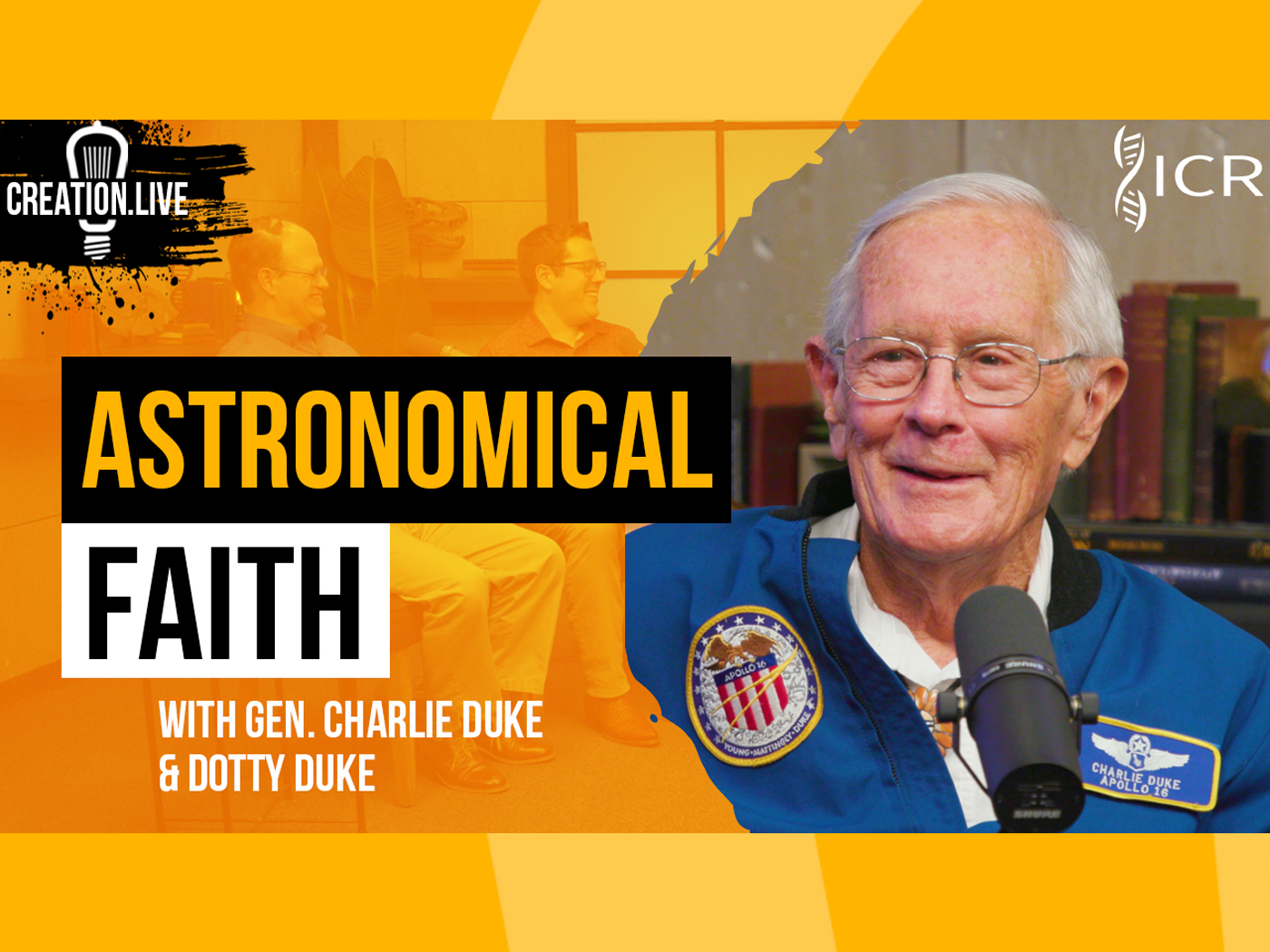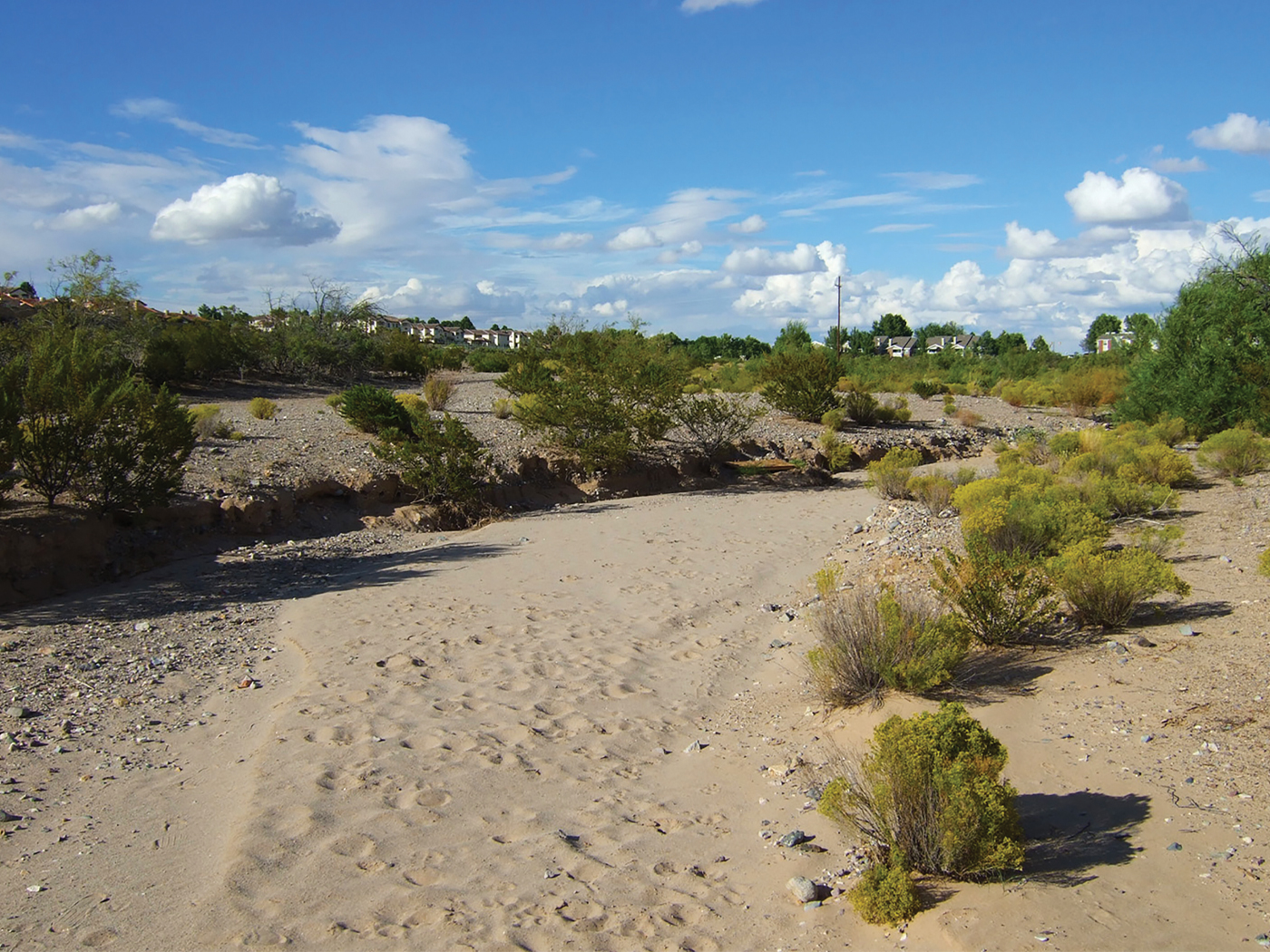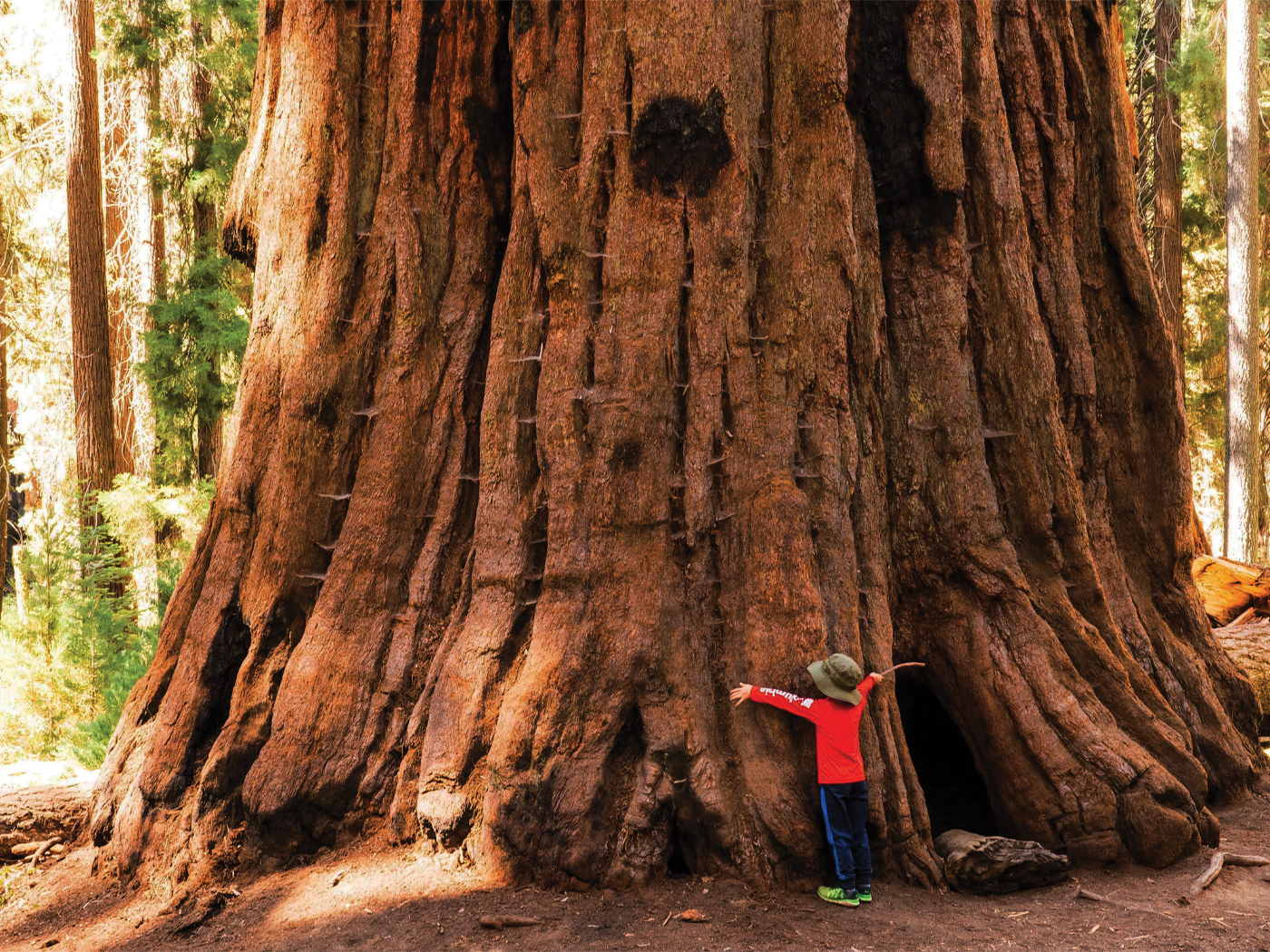“We are watching evolution as it’s unfolding,” said an evolutionist at New York University.
She was referring to “The Puerto Rican crested anole, a brown lizard with a bright orange throat fan [that] has sprouted special scales to better cling to smooth surfaces like walls and windows and grown larger limbs to sprint across open areas...”1
Research published in the Proceedings of the National Academy of Sciences stated that an investigation into the crested anole’s ability to adapt in an urban environment helped “to elucidate the mechanisms of rapid adaptive evolution of complex traits at the genomic level.”2
Are such mechanisms and design feature, such as special scales that sprouted, the product of random evolutionary events—or from plan and purpose?
Adaptation in the evolutionary sense means the purposeless outcome of a struggle to survive in changing conditions, whereas adaptation in the creation sense is the purpose-oriented, internalistic mechanism of engineered design. The latter is what is clearly seen in the minor changes in the crested anole, Anolis cristatellus.
Significant research has been done on these lizards, including on the quantitative foraging movements of lizard ecomorphs.3
Anole ecomorphs are defined as species having similar morphological and behavioral adaptations to use particular structural niches (e.g. vegetation microhabitats, such as grasses, tree trunks, branches or twigs), whether or not they are close relatives.4
Evolutionists appeal to the fabricated conjecture of convergence, saying that “ecomorphs of Anolis lizards evolved convergently,”3 and “convergent evolution of similar phenotypic features in similar environmental contexts has long been taken as evidence of adaptation,”5 but this is not real, vertical evolution.6 Through it all, they remain the Anolis cristatellus of Puerto Rico.
The lizards reportedly had “33 genes within the lizard genome [that] were repeatedly associated with urbanization.”1 These now-activated genes have always been part of lizard’s genome. Indeed, like adaptation in blind cave fish7, long time periods are not needed to see self-adjusting changes in these urban reptiles.
The changes in these lizards, whose lifespans are roughly 7 years, can occur very quickly, within 30 to 80 generations, enabling them to escape from predators and to survive in urban areas, Winchell added. The larger limbs, for example, enable them to run more quickly across a hot parking lot, and the special scales are to hold on to surfaces far more smooth than trees.1
Creation scientists maintain that these lizards are active, problem-solving entities that use internal tracking mechanisms as a means unto adaptability to city life, such as special scales and larger limbs. In other words, the environment does not cause the lizards to change. There is no known mechanism that enables the environment to send instructions. They actively adapt themselves, having the innate or built-in ability to move in and fill the urban environment.
A creationist would say that our omnipotent Creator intentionally prepared a diversity of animal kinds with similar capacities for adaptation across a multitude of environments. In this case it can be said, “Biologists are watching minor variation within the lizard kind as it’s unfolding.”
References
1. Coto, D., Forest lizards genetically morph to survive life in the city. ABC News. Posted on abcnews.go.com January 10, 2023, accessed January 17, 2023.2.Winchell, Kristin M., Shane C. Campbell-Staton, Jonathan B. Losos, Liam J. Revell, Brian C. Verrelli, and Anthony J. Geneva. Genome-Wide Parallelism Underlies Contemporary Adaptation in Urban Lizards. Proceedings of the National Academy of Sciences 120, no. 3 (2023).
3. Cooper, W. 2006. Ecomorphological variation in foraging behaviour by Puerto Rican Anolis lizards Anolis lizard ecomorphs. Journal of Zoology 265, no. 2 (2006). 133-139.
4. Ingram, S. et al. 2022. Hierarchical partitioning of multiple niche dimensions among ecomorphs, species and sexes in Puerto Rican anoles. Journal of Zoology 318, no. 2 (2022). 127-134.
5. Losos, J. 2011. Convergence, Adaptation, and Constraint. International Journal of Organic Evolution 65 no. 67 (2011). 1827-1840.
6. Tomkins, J. Convergent Evolution or Design-Based Adaptation? Creation Science Update. Posted on ICR.org July 7, 2016, accessed January 23, 2023.
7. Thomas, B. Blind Cavefish Shed Light on Creation. Creation Science Update. Posted on ICR.org January 8, 2014, accessed January 17, 2023; Tomkins, J. Oxygen-Based Adaptive Engineering in Blind Cavefish. Creation Science Update. Posted on ICR.org March 21, 2022, accessed January 21, 2023.
* Dr. Sherwin is science news writer at the Institute for Creation Research. He earned an M.A. in zoology from the University of Northern Colorado and received an Honorary Doctorate of Science from Pensacola Christian College.













